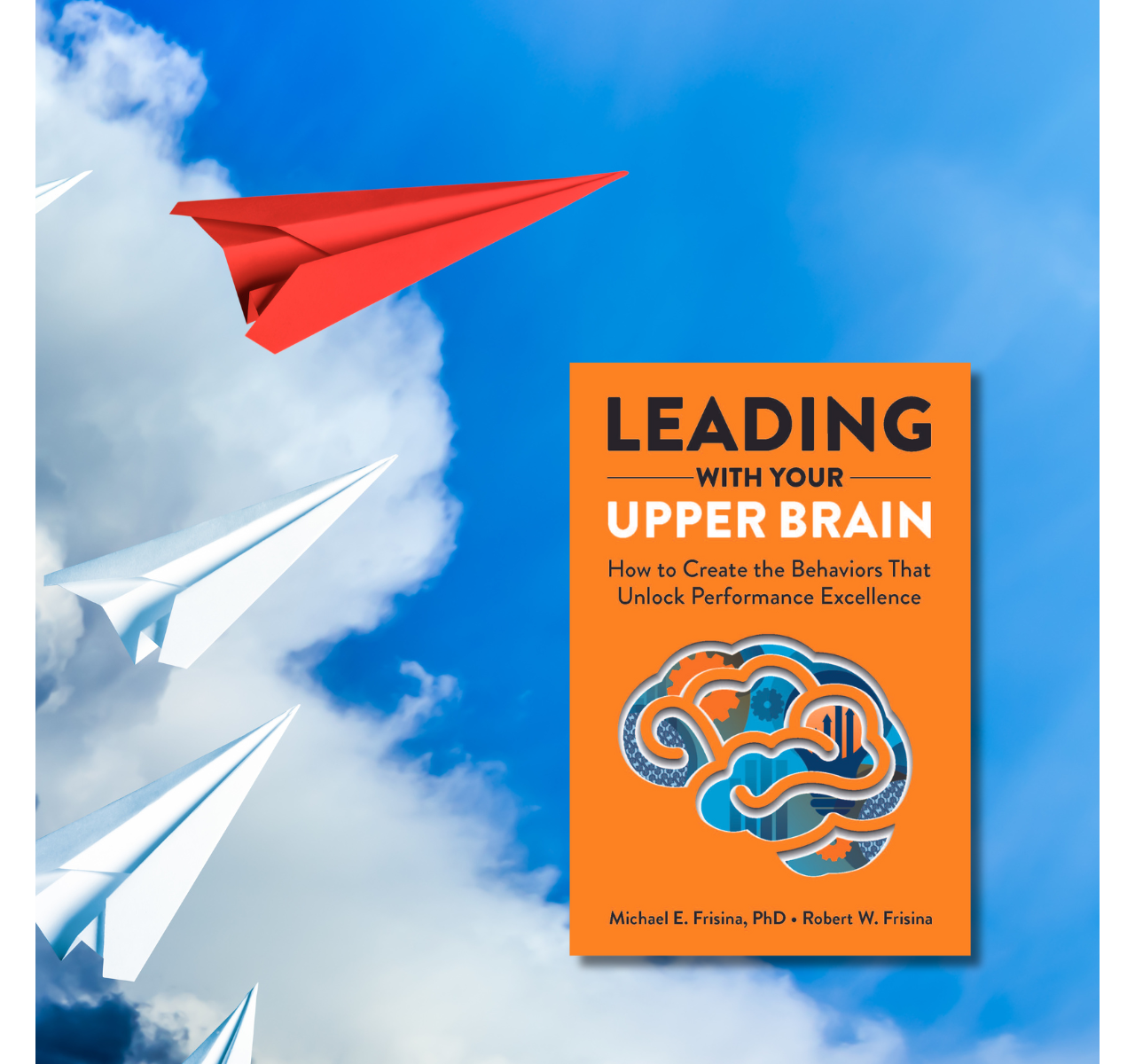Editor’s Note: This content has been excerpted from the book Leading with Your Upper Brain: How to Create the Behaviors That Unlock Performance Excellence, by Michael E. Frisina, PhD, and Robert W. Frisina. The content has been edited down for length.
We do not know of any organization that does not have a set of defined core values. We do find many organizations, such as Enron, where leaders did not connect their core values of integrity, communication, respect and excellence to their core business practices. As a result, these values were merely empty platitudes.
There is a direct relationship between the ethical climate of an organization and the ethical behavior of leaders and their team members. An organization that has designed and fostered an ethical climate and culture should be less likely to tolerate unethical and toxic behaviors by its members—leaders included. The values and behaviors of senior leadership especially influence the culture of the organization, and ultimately the behavior performance of their team members. Leadership behavior is the major factor in the formation of high-performing teams.
The following attributes are the most frequently cited elements of high-performing teams.
- Trust. A high-performing team has high levels of trust among its members. They value what each member brings to the team, and respect and value differences in thoughts and experiences.
- Purpose. When team members share a common purpose, they are willing to subordinate self-interest for the sake of the team. Accordingly, this ensures the team is pulling together, staying aligned with objectives and key results, and moving in the same direction to drive performance.
- Accountability. A high-performing team holds itself accountable to the desired business results. Accountability also prompts the team to look for continuous performance improvement opportunities. If a process or procedure is not working, then they look for a better way.
- Inclusivity. A high-performing team understands that inclusion taps into the collective intelligence of a team. It allows for multiple perspectives in problem-solving and ensures that every team member has the opportunity to participate, contribute and celebrate the overall achievements of the team. Accommodating a variety of behaviors, strengths and preferences enriches the team’s results.
- Learning. High-performing teams actively look for opportunities to improve. The team members encourage feedback and use it to learn and grow, constantly striving for higher levels of performance.
- Celebrating. Group celebrations and acknowledgments encourage team members to drive performance on their next project so they can win again. Nothing feeds the hunger for growth and achievement more than the experience of being a winner.
- Communication. High-performing teams manage confrontation and conflict in healthy ways. They have clear expectations and commit to honesty, eliminating toxic behaviors such as gossip, negativity and office politics that obstruct performance.
- Shared leadership. The leader of a high-performing team is always someone who does not rely on formal authority. These leaders are willing to defer to members of the team and use collaborative, adaptive leadership practices when appropriate. An effective leader always accepts full responsibility for the team’s results but will delegate authority, share the problem-solving and decision-making process and create opportunities for the collective talent, intellect and skill of all team members to drive results.
High-performing teams drive the performance of an organization. Leaders need to be intentional about creating the level of engagement that produces a high-performing team by ensuring their own highly effective leadership behavior.
Michael E. Frisina, PhD, is founder/CEO, The Frisina Group LLC, Elgin, S.C., and The Center for Influential Leadership. Robert W. Frisina is principal, The Frisina Group and executive director, The Center for Influential Leadership.

